Following the death of former Chinese Communist Party (CCP) head Jiang Zemin, many Western media and academics surprisingly praised him as a reform leader. But was he really one?
Amid escalating rhetoric from the CCP toward the West, a review of the past 40 years is no doubt telling us one brutal reality: it was the combination of Jiang’s deceptive maneuvers and the Western world’s wishful thinking that resulted in the biggest threat to the free world today.
Western media and academics have widely praised Jiang’s getting China into the World Trade Organization (WTO) in 2001. But history is telling us that accepting the regime into the WTO may have been the biggest mistake ever made by the democratic world.
- Total Economic Power The CCP now has the world’s second-largest economy, behind the United States, if measured by GDP. If you compare these two nations’ GDP by purchase price parity (PPP), China’s GDP(PPP) is $27.31 trillion, which is about 18.7 percent more than the United States’ $23 trillion, according to the statistics from the World Bank 2021 report.
- Total Military Power The CCP now possesses the world’s second-largest military. The 2022 Congressional Research Service report indicates that the Chinese navy has surpassed the U.S. Navy in its number of battle force ships.
- Modern Technology The CCP is quickly catching up to the Western world in technology, thanks to U.S. corporations that are heavily invested in China.
- Total Population Under Central Control China today has a total population of 1.4 billion, the largest of any nation in history.
- A History of Domestic Genocide Research has shown that the CCP has killed as many as 80 million Chinese people since it took control of the nation in 1949.
It was Jiang who made the democratic world believe that the CCP wanted democratic reform and that China would eventually become a part of the free world.
But did Jiang really want to reform the CCP and build a people’s government based on Lincoln’s ideals?
Jiang obtained leadership of the CCP after the 1989 Tiananmen Square Massacre. There are two main reasons the CCP’s second-generation leader, Deng Xiaoping, allowed Jiang to inherit his power:
(1) Jiang’s persecution of the pro-political reform media in China was one of the two main causes of China’s 1989 pro-democracy protest.
As the CCP’s Shanghai party secretary in 1989, Jiang ordered the shutdown of the World Economic Herald, the leading pro-reform newspaper in China. The death of the CCP’s then-pro-reform leader, Hu Yaobang, together with the shutting down of the WEH, directly caused China’s 1989 pro-democracy uprising.
(2) Jiang personally helped Deng crush China’s 1989 student pro-democracy movement.
Before Deng sent tanks to Tiananmen Square for the bloody suppression, he needed to first remove the CCP’s pro-reform leader, CCP Secretary General Zhao Ziyang. Zhao had a strong ally, Chairman Wan Li of the People’s Congress. But Wan was far from Beijing, visiting Canada, at the time. In order to prevent Wan from returning to Beijing during this critical time, Jiang executed Deng’s order and put Wan under house arrest in Shanghai when Wan flew in from Canada and made a stop in the city.
Jiang made himself an essential part of the CCP’s leadership landscape in 1989, not only aborting the pending political reform, but later suppressing the pro-democracy movement in Beijing. Without Jiang’s help, Deng would have had much more difficulty in stopping China’s political reform.
Besides playing a key role in the clampdown on China’s pro-democracy movement, Jiang also later single-handedly launched the largest political persecution against a faith group in Chinese history—the persecution of Falun Gong. Rooted in ancient Chinese tradition, Falun Gong is a Buddhist meditation practice founded on the principles of truth, compassion, and tolerance.
Prior to the persecution Jiang launched in July 1999, the Chinese regime estimated there were close to 100 million people practicing Falun Gong in China.
While Jiang was leading the CCP at the height of its persecution of 100 million Chinese people for their beliefs, the Western world accepted China into the WTO.
“By joining the WTO, China is not simply agreeing to import more of our products; it is agreeing to import one of democracy’s most cherished values: economic freedom. The more China liberalizes its economy, the more fully it will liberate the potential of its people—their initiative, their imagination, their remarkable spirit of enterprise. And when individuals have the power, not just to dream but to realize their dreams, they will demand a greater say.”
Looking back on the past two decades and reviewing the decision to allow China to join the WTO, one has to say it was Jiang’s deceiving the leaders of the West into believing that after making China richer, it would sooner or later start its own political reform and eventually join the free world.
What wishful thinking that was!
So why didn’t the CCP ever politically reform?
What does hundreds of billions of dollars from the West do to a communist regime?
During the cold war between the Soviet Union and the free world, if the West had invested hundreds of billions of dollars in its enemy, would the Soviet Union have ever collapsed? Would it have even been possible for the Soviet Union’s political system to come up with a political reform leader like Mikhail Gorbachev?
The fact the West has to face is this: Jiang never wanted political reform in China; he just wanted to extract as many resources as possible from the free world to make the CCP stronger—and, sadly, the West fell for it.
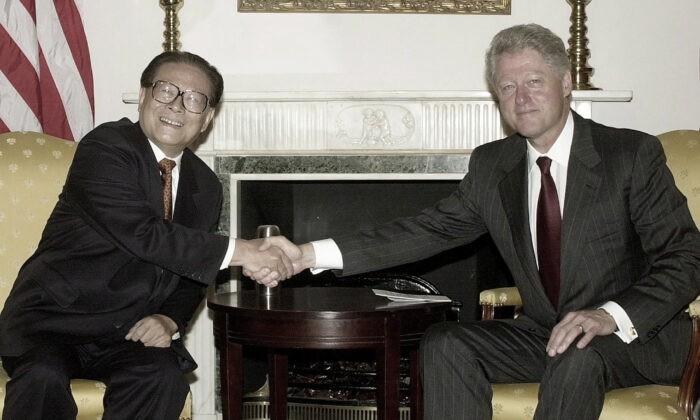
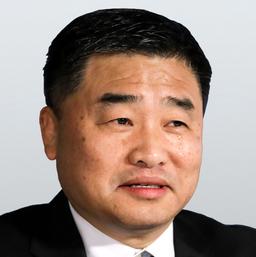
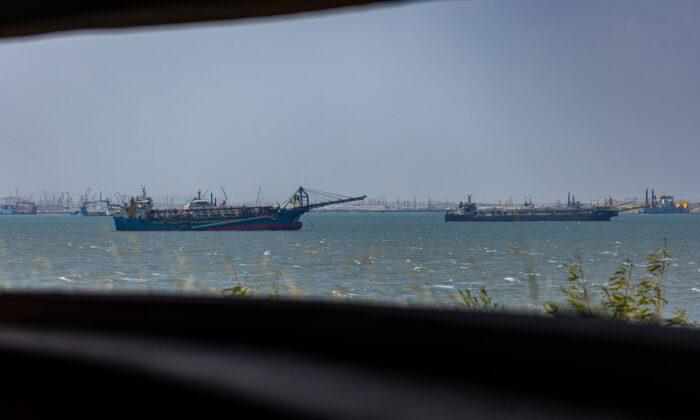
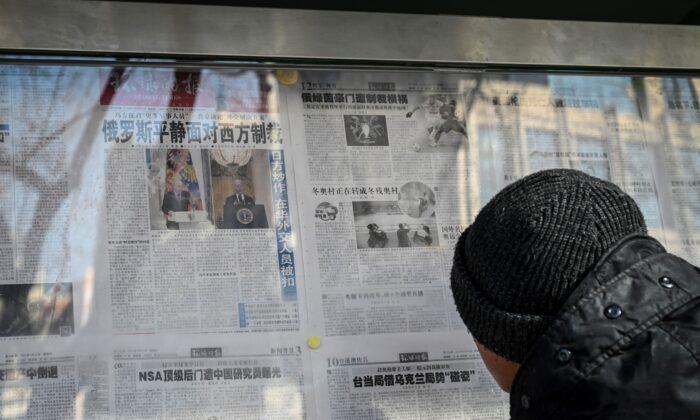
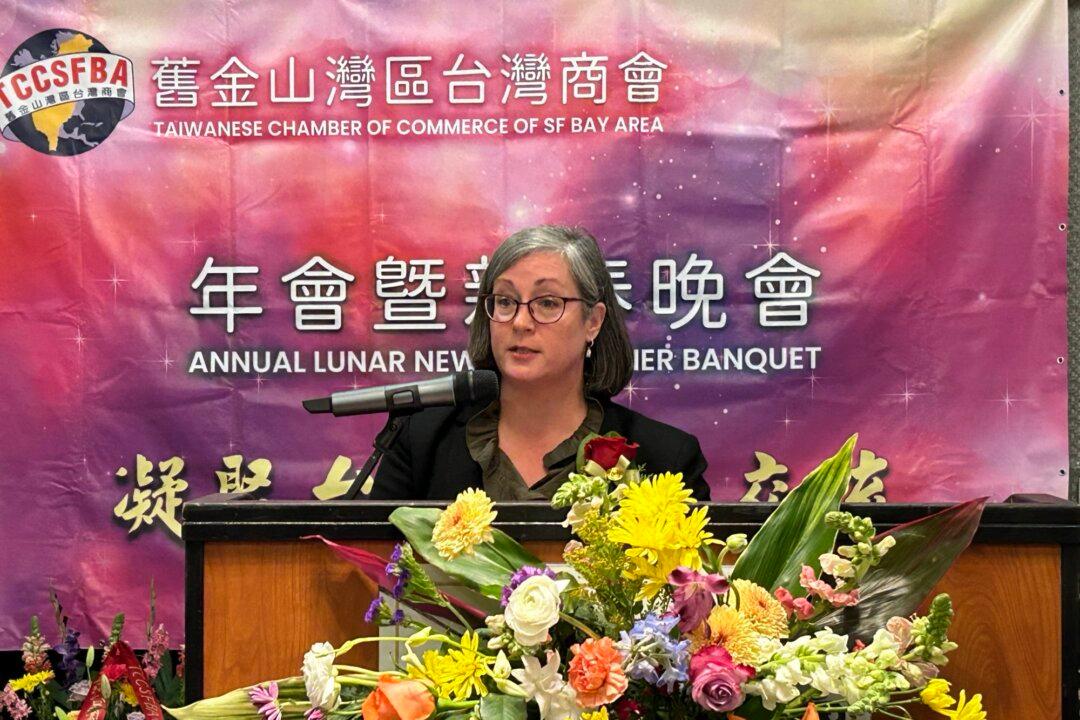
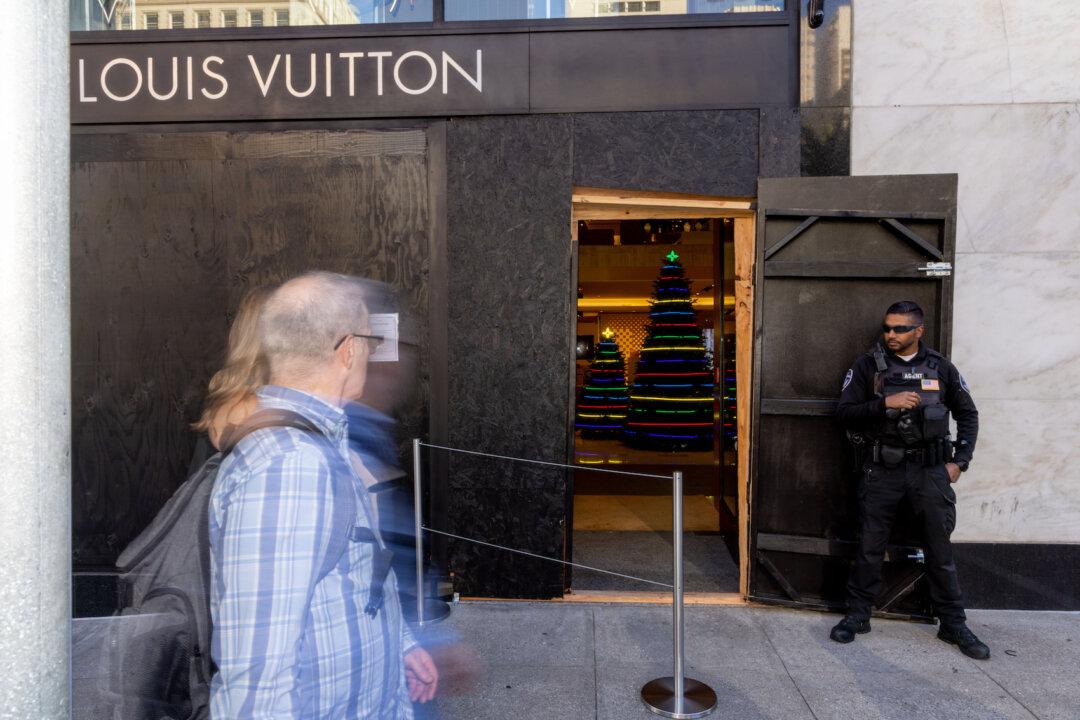
Friends Read Free